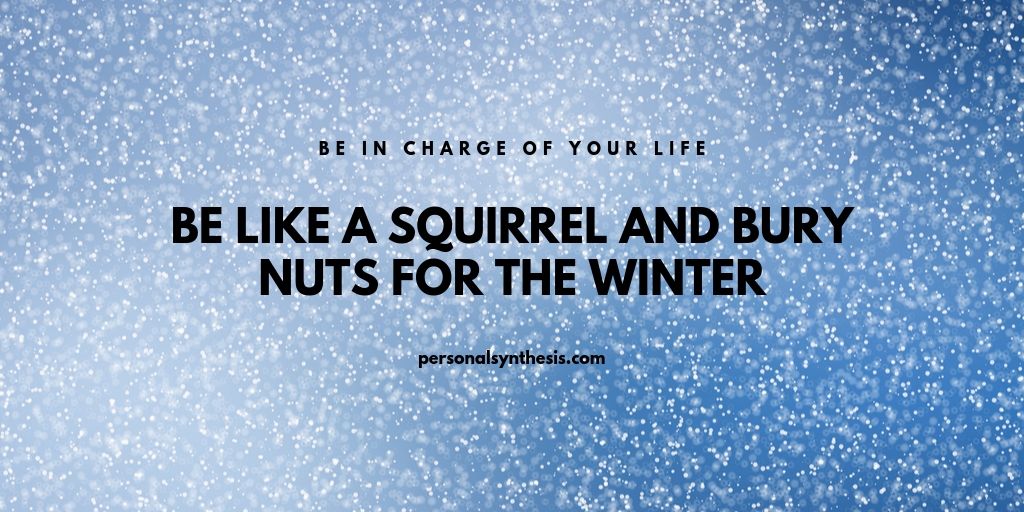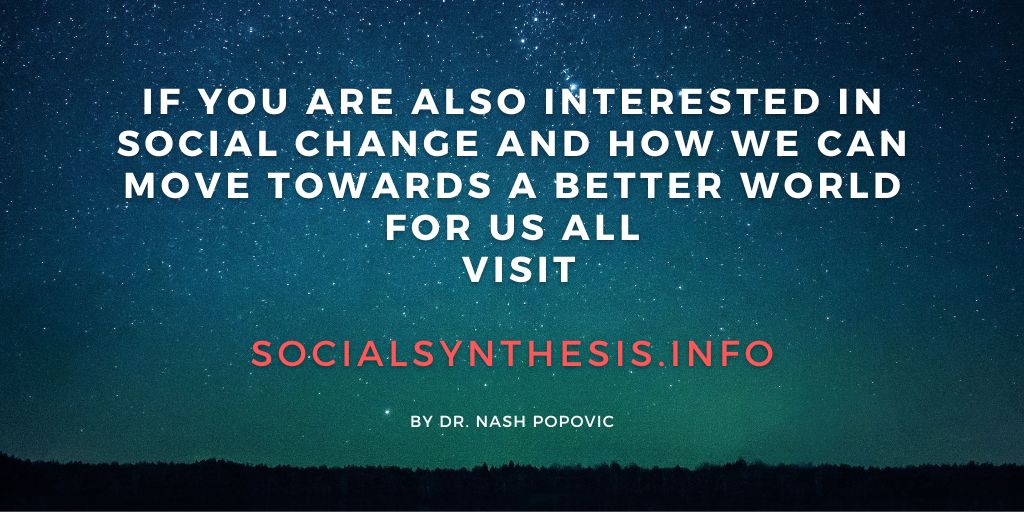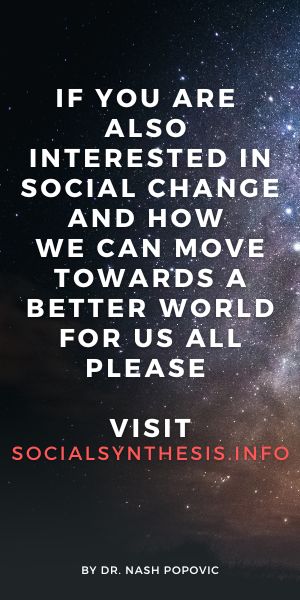Be Like a Squirrel and Bury Nuts For The Winter

Written by Emma Buck
It’s September and that ‘back to school’ feeling is in the air. The light has changed and the plants are going to seed. Summer is over and with it has flown the feeling of lightness the bright and carefree August days bring.
But what is this ‘back to school’ feeling we all have at this time of year? Whether or not we are still tied to actual academic term times through work or children, it seems to be there. It may be ingrained in us from our own schooldays and the memories of new shoes and pristine pencil cases. Whatever the reason, September always feels to me to be a time when new things might happen, exciting possibilities are on the horizon. There is an energy and vitality to get things done. September brings a change of pace to life, as well as a new season.
However, there is one dark cloud looming for me. I know that after the beautiful autumn with its gentle sun and golden leaves, will come the long dark days of winter. My mood and energy levels always dip with the darkening of the days. Some years are worse than others, and so I am feeling a certain amount of trepidation at the dying of the light. With this in mind, I have been wondering what I can do to help protect myself now for the months ahead.
Paying attention to sleep, exercise and nutrition
This morning I was watching a pair of squirrels in the garden. They seemed to be rushing around in an autumnal frenzy, digging holes and burying nuts for the winter, making sure they would have food during the lean times.
Once again, nature shows us the way. As I watched these crazy creatures intent on their work, I thought to myself, what nuts can I bury for the winter? I find myself taking every opportunity to soak up the late summer sun and store it, like a solar panel, for the future. What else can I do?
First, I know I must pay attention to the basics: sleep, exercise and nutrition.
I need eight hours sleep, minimum. I will be paying particular attention to the sleep hygiene advice: go to bed and wake up at the same times each day; don’t drink caffeine after lunch; don’t eat too late in the evening; minimise alcohol consumption. Personal Synthesis has some good suggestions for falling asleep, and I have some tricks up my sleeve too: when I have difficulty sleeping I play games in my head – I count something, up to 100 and then back down again; or I tell myself a story; or I pick a theme and go through the alphabet finding something for each letter. Using these strategies, I am usually back asleep soon enough.
Exercise is something that can fall by the wayside when energy levels are low, so I will get into good habits now. That means finding a routine that works for me, and sticking to it. When I have a set time to go swimming each week, I know I will do it. The trick is to not think about it beforehand or ask myself whether I feel like it today, but just to do it because that’s what I do on that day at that time, like going to work. However much I think I don’t want to go, I always feel better when I have gone, and have more energy overall as a result. And it warms me up, on those days when it feels like the cold has got right into my bones and is sapping my energy. My exercise routine consists of swimming for fitness; yoga and pilates for strength and stretching; and a bit of weights to protect muscle and bone health. And of course, walking. Being in nature and maximising exposure to natural daylight are both helpful. All of these things benefit my mind as well as my body.
When it comes to nutrition, I am trying to eat more according to the principle ‘eat food, not too much, mostly plants’, as promoted by American academic, journalist and author Michael Pollan. Eating according to this principle is good for our health and the planet. I am not a vegetarian, but I can cut down on meat and dairy and eat more salad and vegetables, which luckily I like and I know make me feel better. I am also trying to eat more fish and less sugar. Scientific research is beginning to link gut health with mental health, making this area even more important to pay attention to.
With these cornerstones in place I should be giving myself a good base from which to launch into winter, so that on those darkest days when I really cannot face the exercise, or when I wolf down a second slice of cake, the world will not come to an end.
The importance of self-compassion
There are some other things which I know help me when the winter nights draw in: Making my home cosy, lighting candles and fires and inviting good friends in to share the warmth; being kind, thoughtful and compassionate – when directed at others this benefits me as well as them as it takes me outside of myself, and it’s always nice to feel you have helped someone else, but I must also remember to be kind to myself. We are often the last on our own list and do not extend the kindnesses to ourselves that we do to others. Being kind to myself this winter may mean lowering my expectations of myself, reducing activities if necessary to preserve energy levels and treating myself to a massage or an afternoon curled up with a good book once in a while.
Finally, I will keep a vigilant check on my thinking patterns, reminding myself whenever necessary to focus on what I have got, rather than what I have not.
And before too long, the spring will arrive and the cycle of life will begin again. Ciao for now. I’m off for a walk in the beautiful September sun.
Personal Synthesis is a handy ‘one-stop-shop’ that brings together all the areas that play a vital role in our everyday lives, from self-awareness to intimate relationships. The materials are the result of twenty years of research and have evolved through the experience of running numerous personal development programmes with the general public, young people and university students.
To learn more, please visit the Personal Synthesis materials that cover this and many other topics.
Emma Buck
Emma Buck is a counsellor and personal consultant working with children in primary schools and adults in private practice. This is her second career. After 10 years as a journalist - where she worked for local newspapers, magazines and charities, covering politics and social affairs - Emma found herself looking for a new direction. It was after a spell of personal counselling that she had her 'a-ha' moment and decided to become a counsellor herself. She recently completed MSc in Integrative Counselling and Coaching, the only programme of its kind in the world. Emma works from a humanistic and person-centred perspective but integrates other counselling and coaching approaches as necessary, with a particular interest in narrative theory. Her research examined how combining counselling and coaching could help older people.



